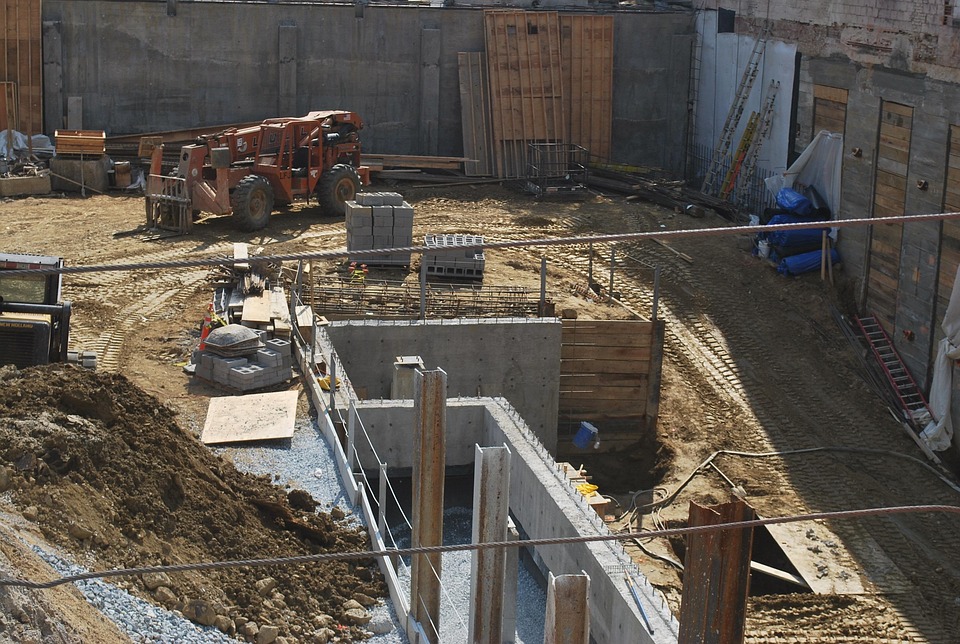Essential Interview Guides for Planning Engineers: Tips and Strategies for Success
Embarking on the journey of landing that coveted role as a planning engineer? The interview process can feel formidable, but with the right preparation, you can navigate it with confidence and poise. Here, we delve into practical tips and strategies that can elevate your performance and set you apart from the competition.
Understanding the Role
First and foremost, grasp the intricacies of the planning engineer position. This role, often at the intersection of engineering and project management, demands a keen analytical mind alongside strong organisational skills. Familiarise yourself with the tools and methodologies prevalent in the industry—think Gantt charts, CPM (Critical Path Method), and Earned Value Management. A nuanced understanding of these concepts will not only bolster your confidence but also enable you to speak fluently about your experiences and insights during the interview.
-
Research the Company
Delve deep into the company’s ethos, recent projects, and future aspirations. Understanding their values and objectives will allow you to tailor your responses and demonstrate genuine interest. Reflect on how your skill set aligns with their goals. Use platforms like LinkedIn and industry reports to gather information that may not be readily available on their website. -
Prepare for Technical Questions
Expect a barrage of technical questions designed to test your knowledge and problem-solving abilities. Be prepared to discuss specific projects you’ve worked on—what challenges you faced, how you addressed them, and the outcomes of your efforts. A well-structured response using the STAR method (Situation, Task, Action, Result) can help convey your thought process clearly and effectively. -
Showcase Soft Skills
While technical expertise is vital, soft skills often tip the scales in your favour. Communication, teamwork, and adaptability are critical attributes for any planning engineer. Be ready with anecdotes that illustrate your interpersonal skills. Consider times when you had to collaborate across departments or adapt to shifting project requirements; these stories can leave a lasting impression on your interviewers.
The Power of Questions
Engaging with your interviewers through thoughtful questions can be a game changer. It signals your enthusiasm and willingness to engage deeply with the role. Here are a few to consider:
- What are the biggest challenges currently facing the planning team?
- How does this role contribute to the success of the overall project?
- Can you describe the team culture and how collaboration is fostered?
These questions not only provide you with valuable insights but also showcase your proactive mindset.
Dress for Success
While the adage “dress for the job you want” holds true, it’s essential to also consider the company culture. A formal suit might be appropriate for a traditional engineering firm, whilst a smart-casual approach may resonate better with a more modern, innovative company. Regardless, ensuring you look polished and professional is paramount.
Follow-Up Matters
After the interview, a well-crafted thank-you email can reinforce your interest and professionalism. Briefly reiterate your enthusiasm for the role and highlight a key point from the interview that resonated with you. This simple gesture can keep you top of mind as the hiring team makes their decisions.
Navigating the Path Ahead
In the competitive landscape of engineering roles, being well-prepared can significantly enhance your chances of success. By understanding the position, honing your technical and soft skills, asking insightful questions, and following up appropriately, you position yourself as a strong candidate.
As you embark on this journey, remember that CVPortal continues to provide a wealth of high-quality CV references, ensuring you’re always equipped with the best tools for your career advancement. Happy interviewing!


